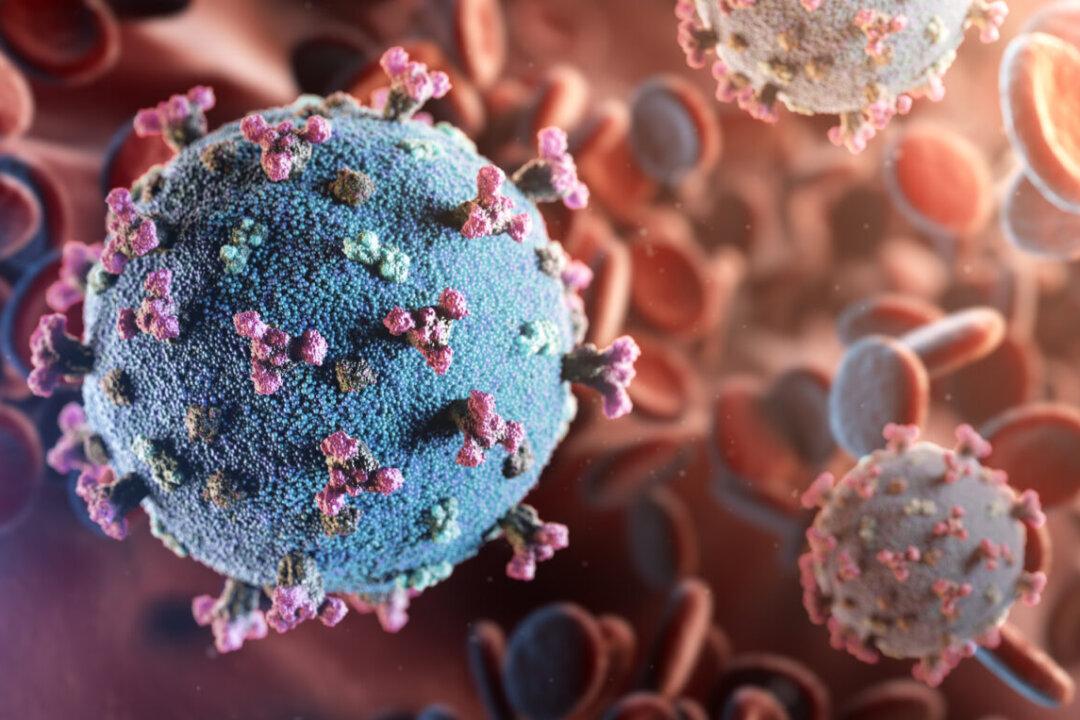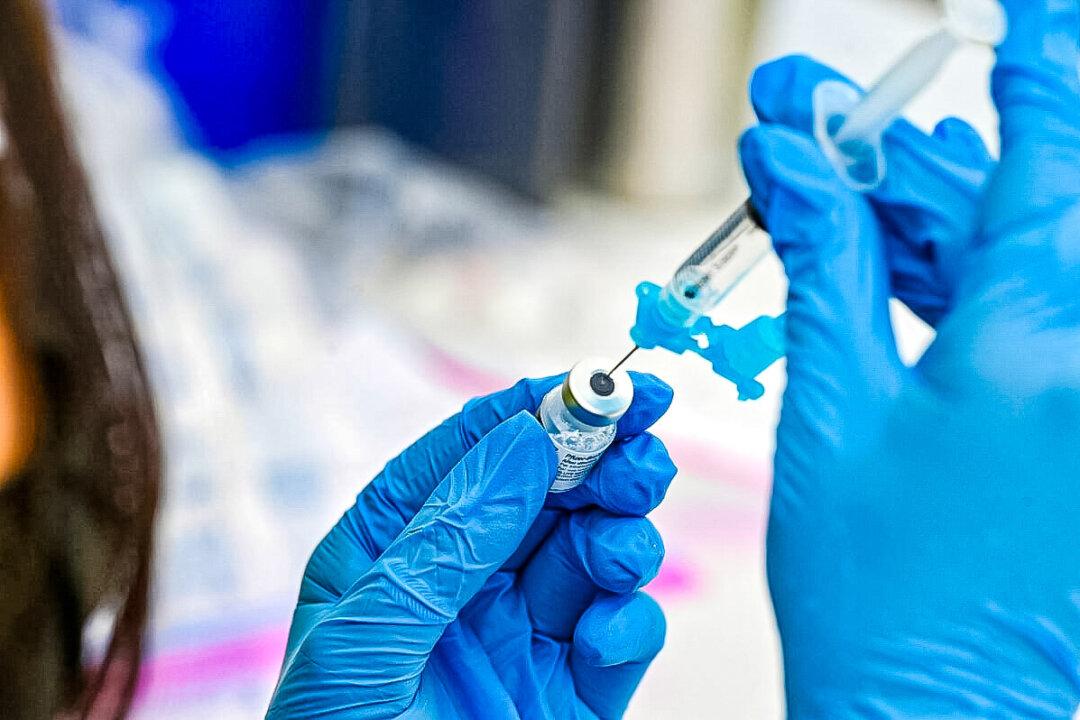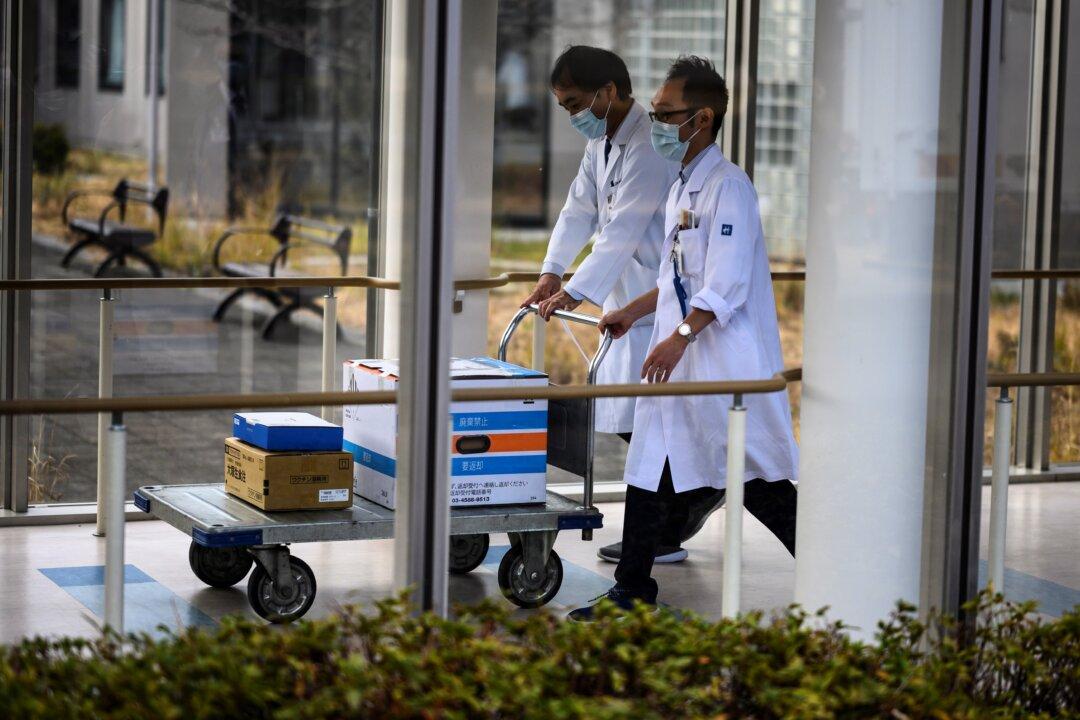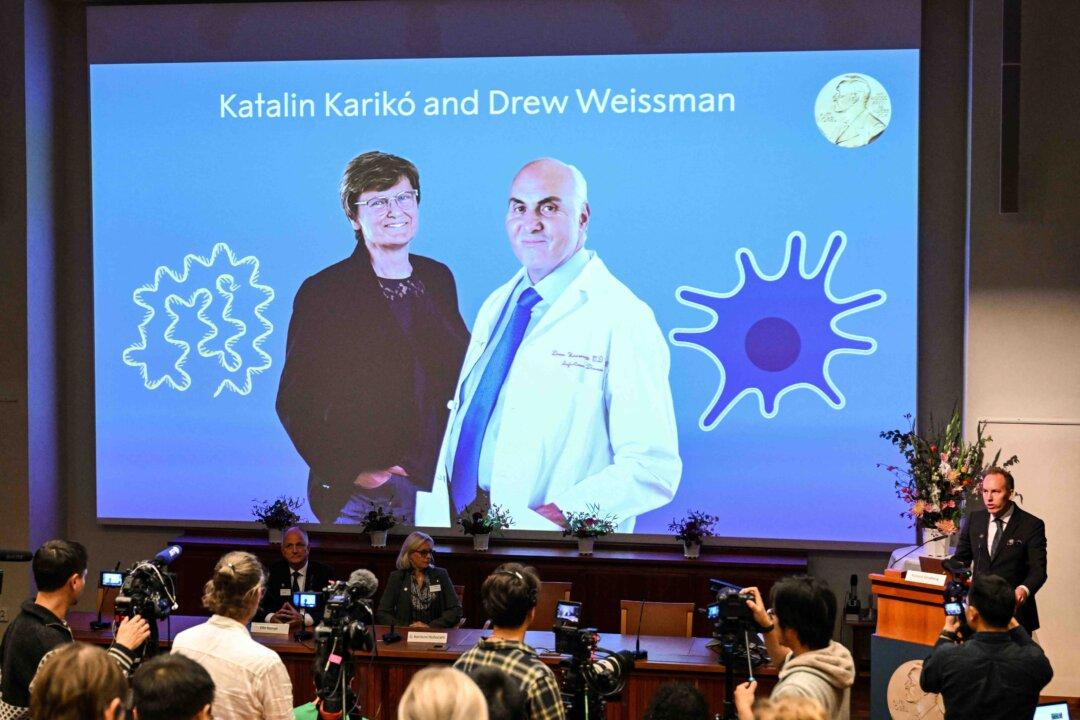A team of Harvard research scientists, publishing in the New England Journal of Medicine, have found that SARS-CoV-2 virus has mutated so much that the Pfizer mRNA vaccines developed against the original Wuhan strain now have little to no effect.
The study, “Neutralization Escape by SARS-CoV-2 Omicron Subvariants BA.2.12.1, BA.4, and BA.5,” evaluated neutralizing antibody titers of participants vaccinated with the Pfizer vaccine, against multiple SARS-CoV-2 strains.






